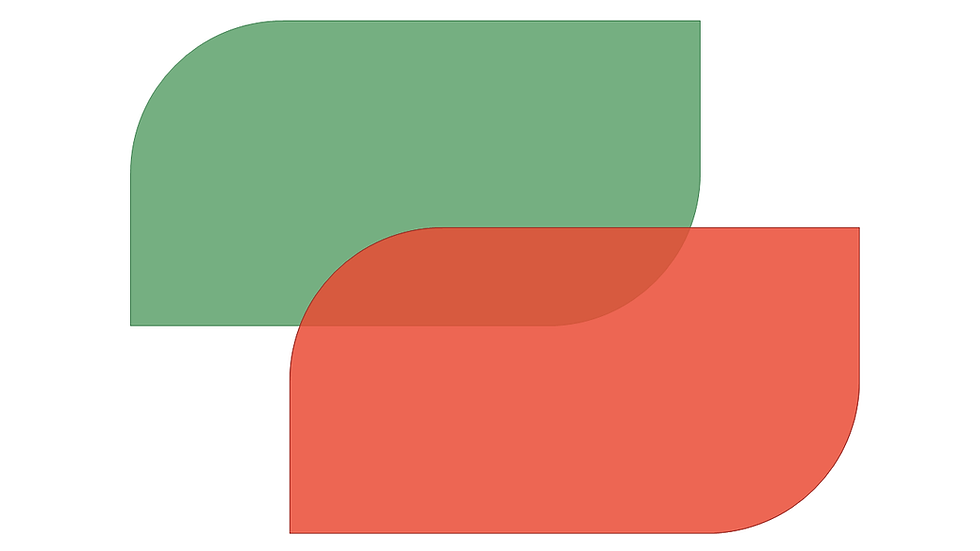REFLEXIVE VERBS IN ITALIAN
- ITALIAN SCHOOL OF ST ALBANS

- Aug 2, 2020
- 2 min read
Updated: Mar 16, 2025
We use the VERBI RIFLESSIVI when the subject does an action towards themselves. These verbs are used in English too, but in languages like Italian they are more common. Our school introduces this topic in the pre-intermediate (module 1) stage.
Examples:
Io mi lavo = I wash myself
Tu ti asciughi I capelli = you dry your hair
Mario si guarda allo specchio = Mario looks at himself in the mirror
They are regularly conjugated in every tense, but always accompanied by the reflexive pronoun. Here we see an example with the present tense:
REFLEXIVE PRONOUNS: mi, ti, si, ci, vi, si:
Chiamarsi (to be called, my call yourself )
io mi chiamo
tu ti chiami
lui – lei si chiama
noi ci chiamiamo
voi vi chiamate
loro si chiamano
Reflexive forms always use the verb to BE in the past tense (passato prossimo):
Ho lavato le calze. (I washed my socks) Mi sono lavato le mani (I washed my hands)
Ho asciugato i bicchieri (I dried the glasses) Mi sono asciugato i capelli (I dried my hair)
Ho guardato la televisione (I watched the TV) Mi sono guardato allo specchio (I looked at myself in the mirror)
Complete the sentences with the verbs indicated in brackets:
1. Il tram che va a scuola . . . . . . . . . . . . . . . . . . .(fermarsi) proprio davanti a casa mia.
2. Alessandro e Chiara in genere . . . . . . . . . . . . .(svegliarsi) alle sette, ma stamattina . . . . . . . . . . . . . . .(svegliarsi) tardi e così sono arrivati in classe alle nove.
3. Se dimentichi l’ombrello . . . . . . . . . .. . . . . . . . . . .(bagnarsi) dalla testa ai piedi.
4. Antonio, per andare al matrimonio di suo fratello . . . . . . . . . . . . . .(mettersi) un vestito nero.





Comments